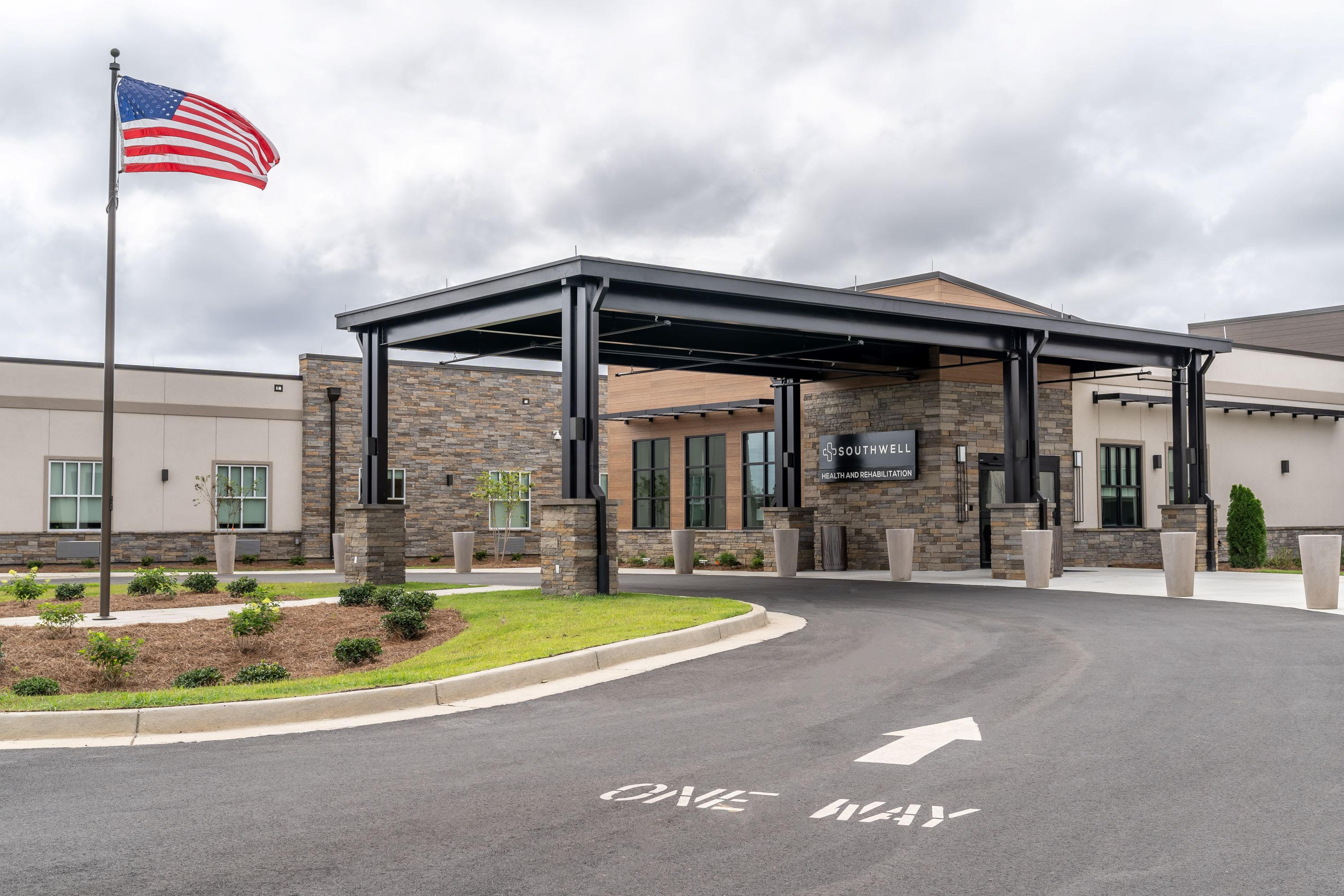EDITORIAL: Every child deserves a family
Published 11:24 pm Thursday, November 6, 2014
There are approximately 7,700 children in foster care in Georgia, according to the state’s Division of Family Services.
DFCS says these children come from a wide variety of backgrounds and situations.
They are children of all ages and races.
Many of these young people have special needs, including teenagers, siblings and children with physical, emotional and/or behavioral disabilities.
The Division of Family and Children Services operates under the Georgia Department of Human Services and is tasked with assuring that children are safe from abuse and neglect.
Dedicated caregivers are a critical part of fulfilling that mission.
DFCS says once a determination is made that it is not safe for a child to remain in the home of a parent or guardian, the child may be placed in foster care.
The foster care program is designed to be a temporary home away from home while qualified professionals work with the family to address child safety concerns.
DFCS says its goal is to return children safely to their families, but adds that the child’s safety comes before any other consideration.
DFCS says the agency is always looking for what it calls “loving, safe and stable homes for the children who are brought into care.”
It is no secret that DFCS has come under fire throughout the state of Georgia, and issues within the agency itself have been and are being addressed.
However, none of that should in any way cast any shadow on the foster care program and the families that provide a safe haven for thousands of Georgia’s children.
Those interested in serving as a foster parent can call (877) 210-KIDS.
The approval process can take up to 10 months and may require certifications, evaluations and a good bit of documentation.
Despite what many people think, DFCS explains that foster parents do not receive a per diem for caring for the children in their homes.
Rather, they can be reimbursed for some of the expenses they incur while caring for children.
The state may provide an initial clothing allowance when children enter foster care as well as an annual clothing allowance.
Foster children may also benefit from certain therapeutic services as well as health and safety items that may include things such as car seats, booster seats and safety helmets.
Foster children between the ages 14-25 are provided with services through the Independent Living Program that provides funding and support to help youth successfully transition from foster care, according to DFCS.
In a perfect world, foster care would not be needed.
In a perfect world, children would never be abused or neglected.
It is not a perfect world.
Nevertheless, quality foster care homes can make the world a little better by helping to keep a child safe.





